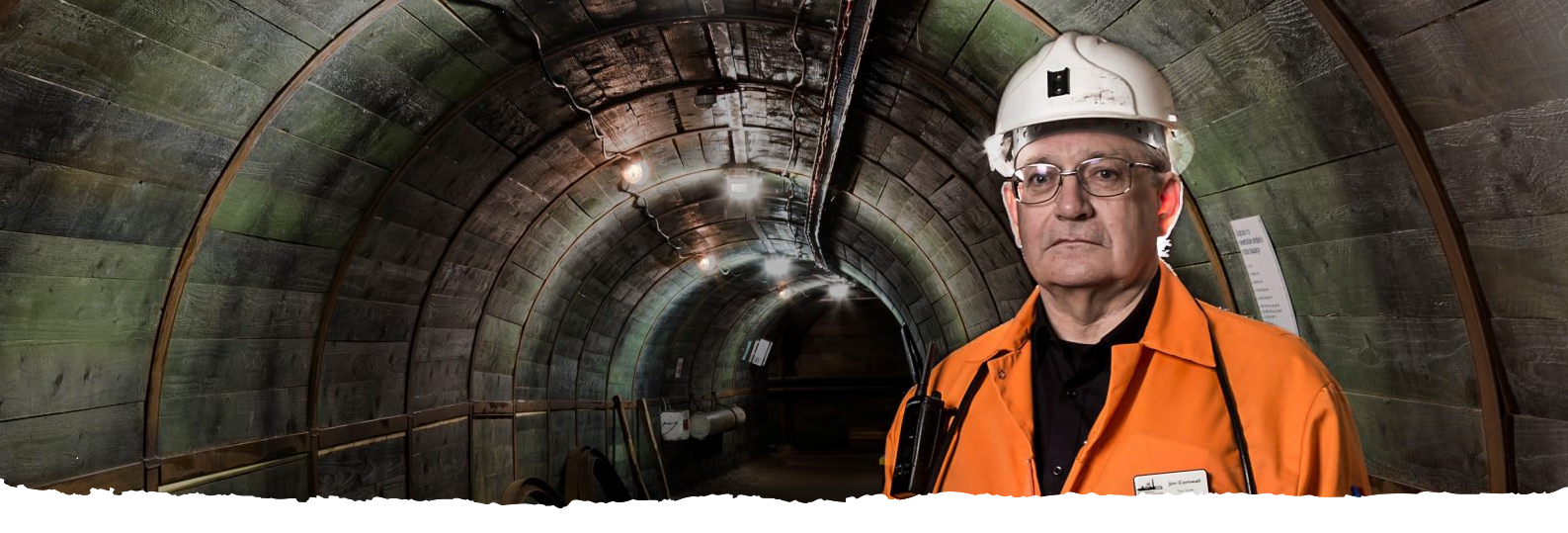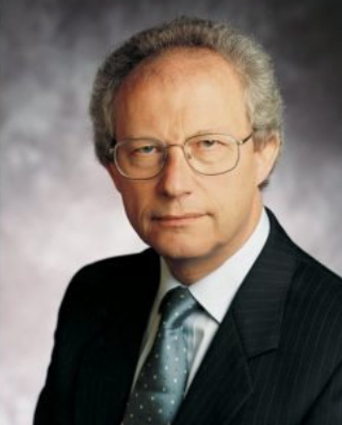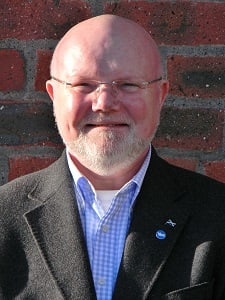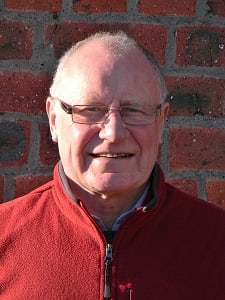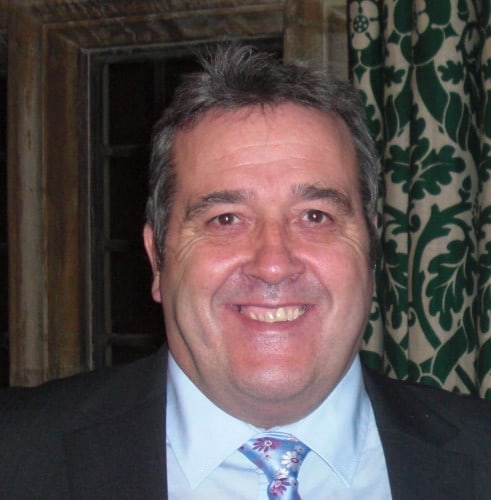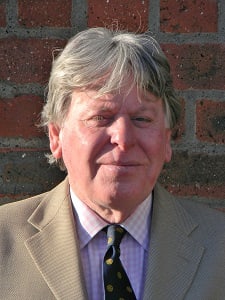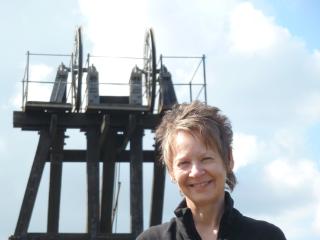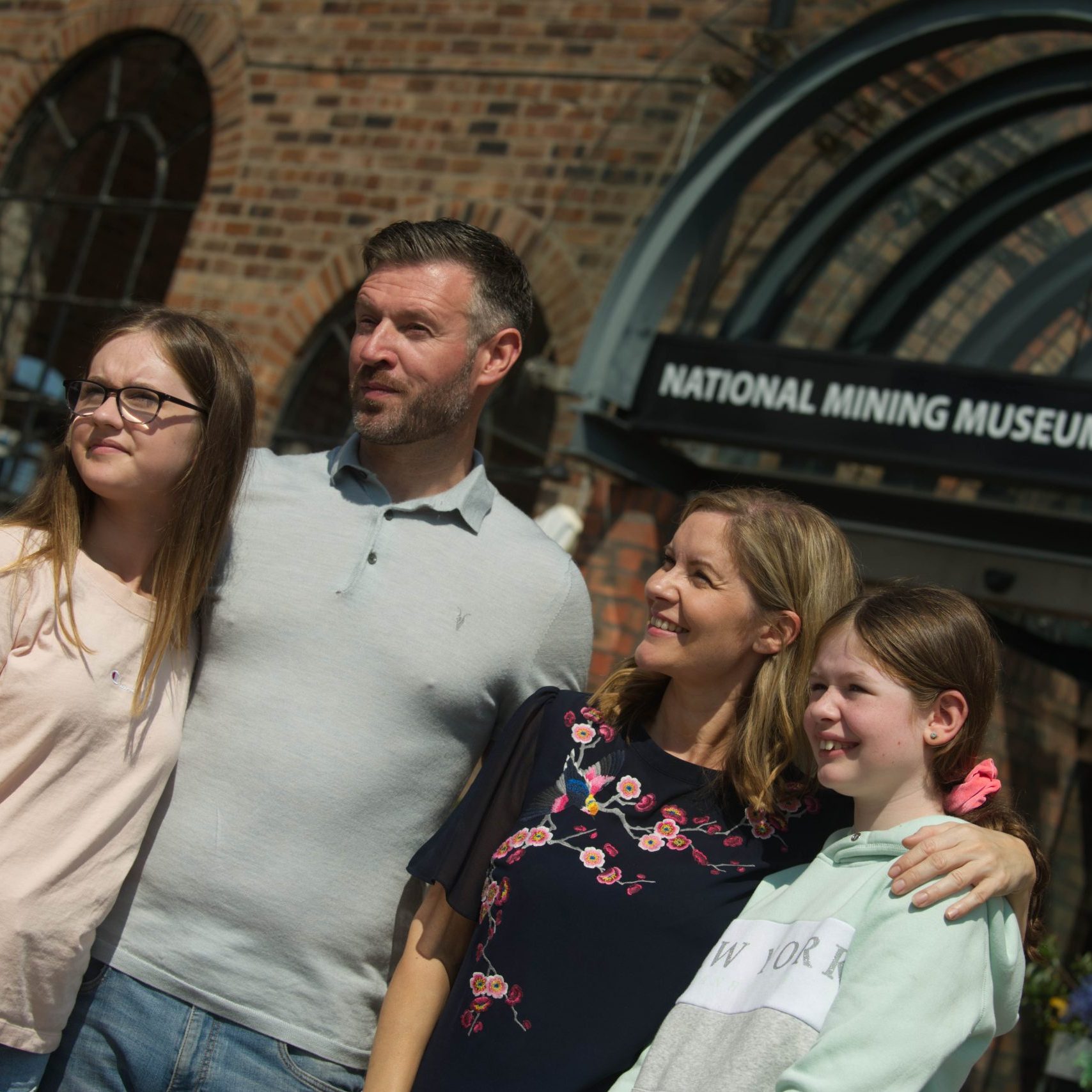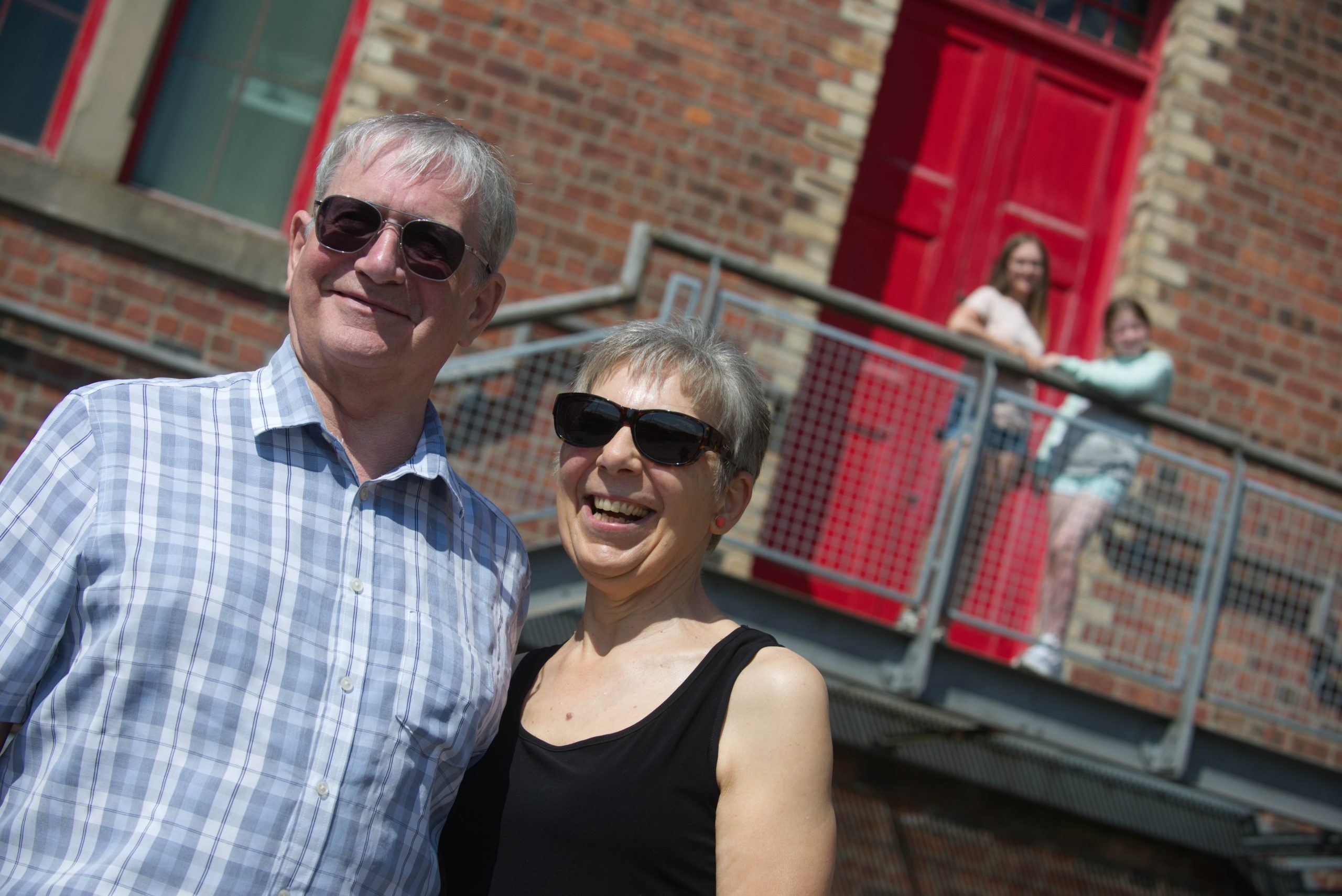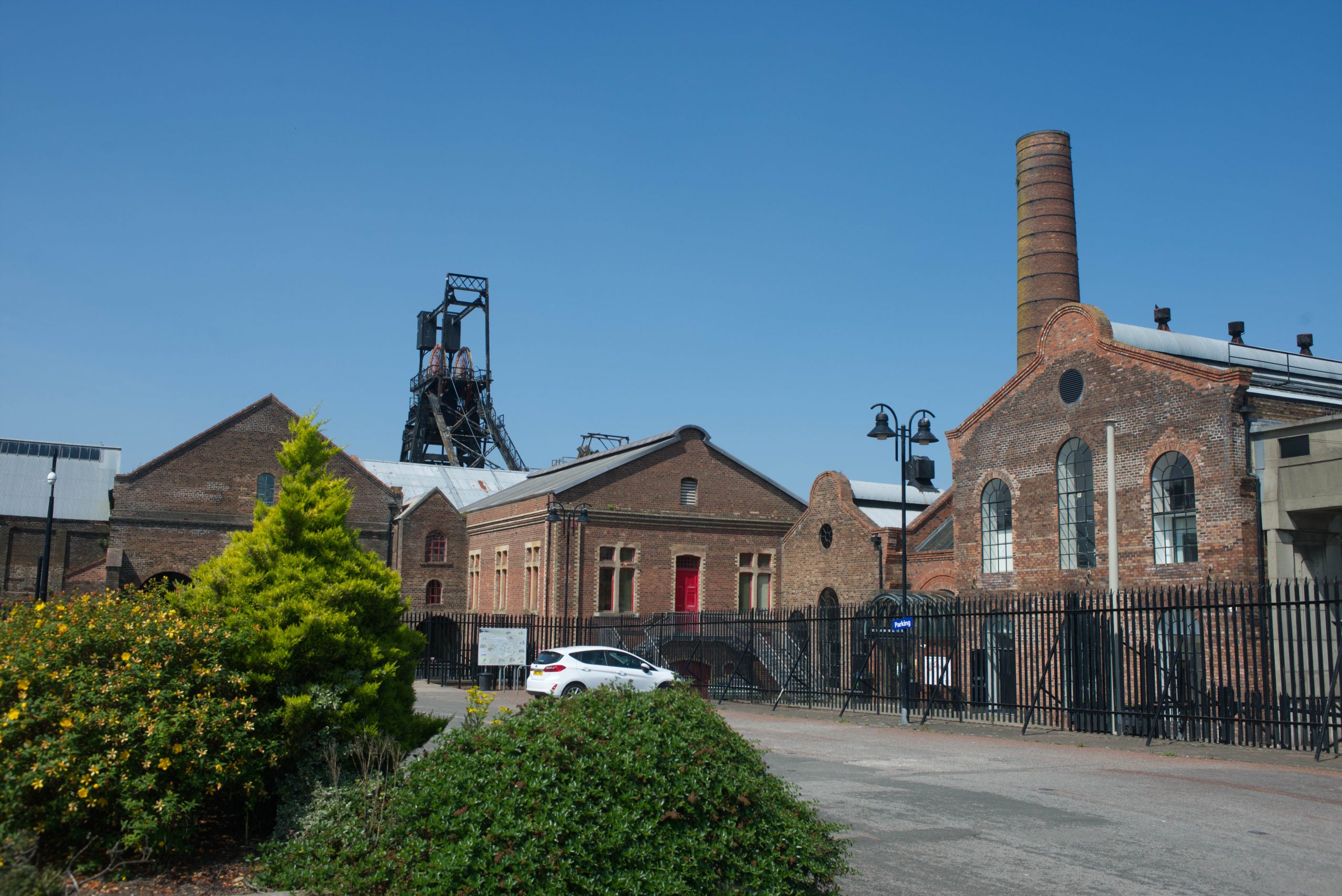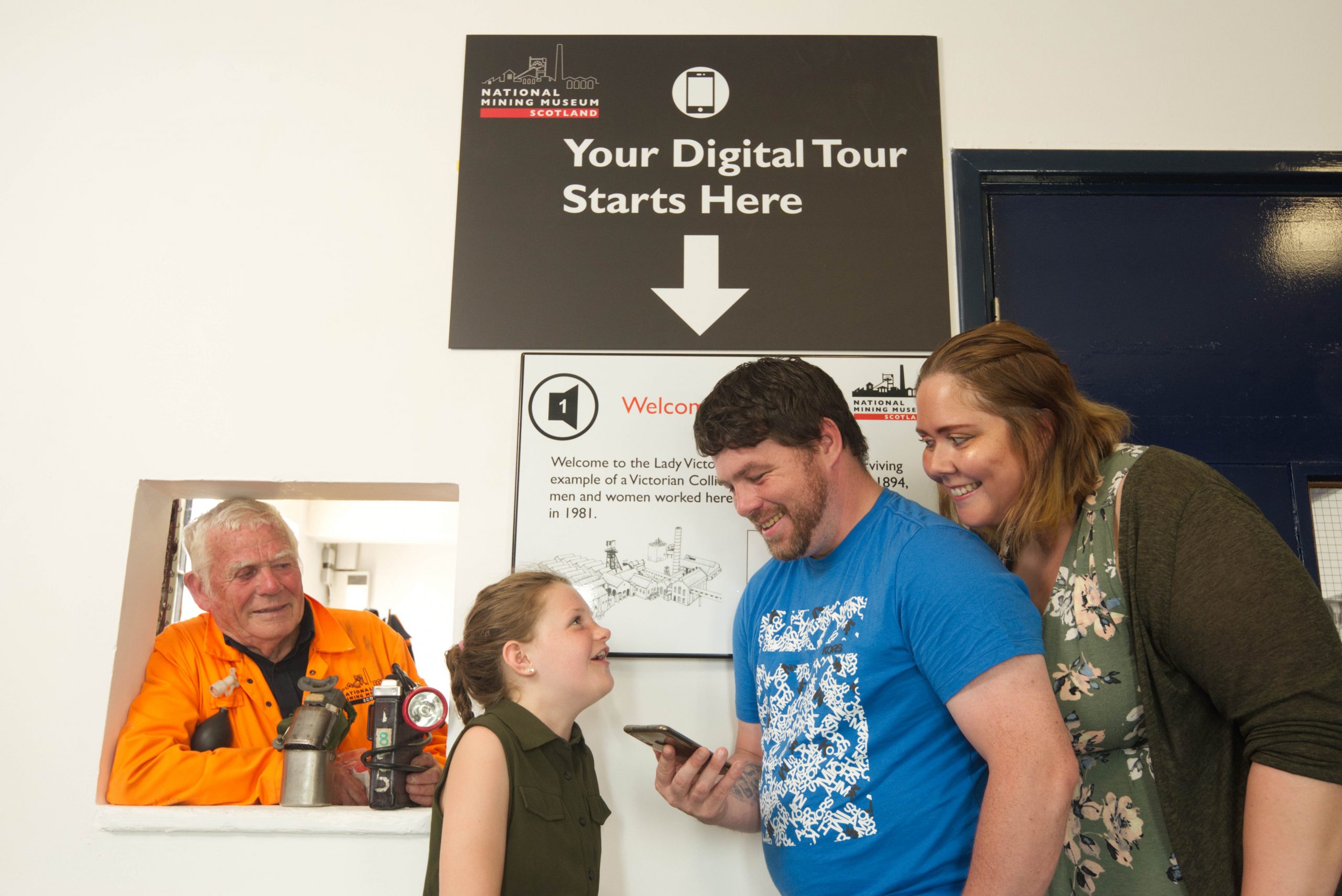Henry MCLeish (Chair)
Henry McLeish was born in Methil, Fife into a mining family and played professional football for East Fife FC and Leeds United before taking up lecturing at Heriot-Watt University and later going into politics.
He served as a Councillor and Leader in Fife Regional Council, part of which was during the Miners’ Strikes. Henry was elected as labour MP for Parliament in 1987 and joined the Scottish Office in 1997.
On the establishment of the Scottish parliament, Henry was elected as MSP for Fife Central in 1999 and became First Minister in 2000. Since leaving main stream politics in Henry has lectured widely, particularly in the United States, and published several books.
Henry is currently involved with consultancy work including with Halogen Communications Ltd.

